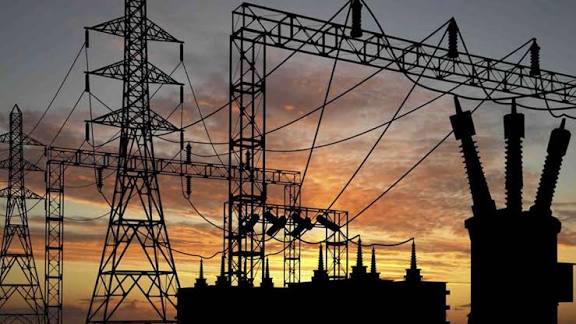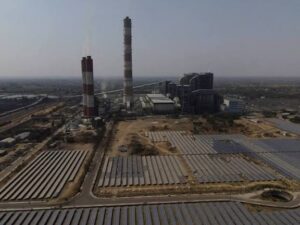The Federal Government has urged all 36 states to take responsibility for power generation, transmission, and distribution as part of a broader plan to end Nigeria’s lingering electricity crisis.
Minister of Power, Adebayo Adelabu, made the call on Tuesday in Lagos during the Nigeria Energy Leadership Summit. He said the country’s power challenges can no longer be managed centrally from Abuja and that decentralising control to states is the only path toward reliable and sustainable electricity.
According to Adelabu, the 2023 Electricity Act—signed by President Bola Tinubu—has opened the door for states to create their own electricity markets, regulate power operations locally, and attract private investment into the sector.
“A nation as large as Nigeria cannot depend on one central system for electricity. The new Act gives states the power to generate, transmit, and distribute energy independently. It’s time for them to take charge,” the minister said.
He revealed that 15 states have already obtained regulatory autonomy, with Enugu leading the way through the creation of its own electricity regulatory commission. Adelabu encouraged other states to follow suit, especially in developing mini-grids and off-grid systems to power rural and underserved areas.
The minister also called on governors to directly monitor power distribution companies and hold them accountable for performance. “Electricity supply is a campaign promise. Governors must work closely with DisCos and the Transmission Company of Nigeria to ensure their citizens get steady power,” he stated.
Adelabu emphasised that Nigeria’s power infrastructure needs massive investment that the government alone cannot provide. “Education, health, defence—all compete for the same limited funds. We need private capital, both local and foreign, to expand and stabilise the power sector,” he said.
Representatives from Lagos, Enugu, and Katsina states at the event expressed readiness to partner with investors and develop independent power projects within their territories.
Adelabu added that recent tariff reforms have strengthened industry revenue, which rose to ₦1.7 trillion in 2024 and is projected to exceed ₦2 trillion in 2025. He said these reforms are part of broader efforts to boost confidence among investors and drive growth across the electricity value chain.
Despite Nigeria having over 10,000 megawatts of stranded generation capacity, Adelabu remains optimistic that the decentralisation of the power sector will unlock this potential, boost energy access, and reduce the country’s dependence on the national grid.
Experts say if states take advantage of their new powers under the Electricity Act, it could mark a major turning point for Nigeria’s energy future—bringing light, stability, and growth to millions across the country.









